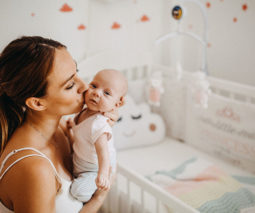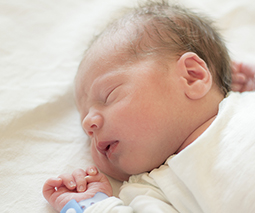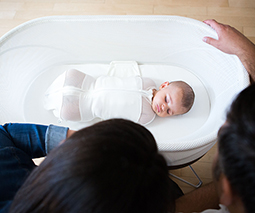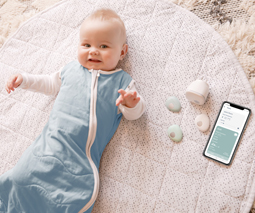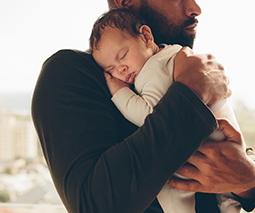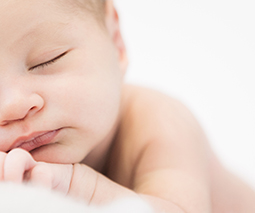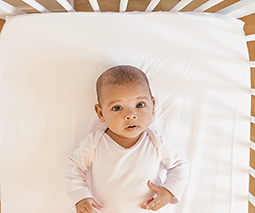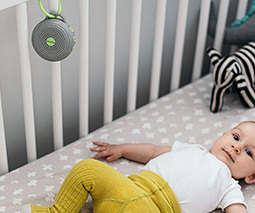Will taking your bub to a “baby day spa” help them (and you!) get more sleep?
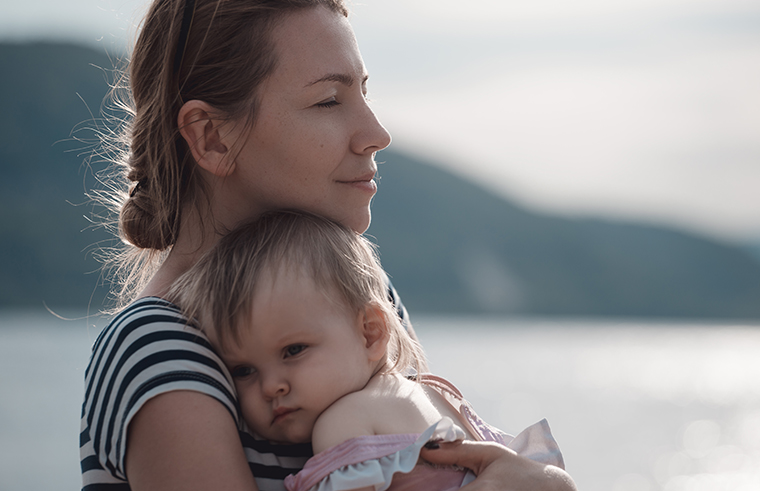
New parents – looking for a quick fix to get your night owl newborn to sleep? We may have the answer…
The sleep deprivation that comes with having a newborn in the house is something you can only truly understand when you’re experiencing it for yourself.
Well-meaning friends and family who have little ones may try to prepare you for what’s to come – the constant wakings, the struggle of getting bub down each night, the early morning starts – but it’s only when you’re in and out of bed like a jack-in-the box yourself that you understand why new parents can go a little loopy!
How does infant sleep actually work?
Infants and adults alike alternate between periods of light and deep sleep. When babies are in light sleep, also known as Rapid Eye Movement (REM) sleep, it’s generally very easy to wake them. During deep sleep (non-REM sleep) on the other hand, you can get away with breaking the odd china plate.
Infant sleep is dramatically different to adult sleep in two ways: Firstly, infant sleep cycles are thought to be much shorter than adults, lasting about 50 to 60-minutes, whereas healthy adults tend to sleep in 90-minute cycles. Secondly, infants may spend 50 percent of each cycle in light sleep versus adults who only spend 25 percent in the same state – shush!
It’s all about the sleep cycles
For adults, it’s normal to wake up briefly at the end of each sleep cycle; if all is well we will usually resume the next sleep cycle and won’t remember this in the morning. Babies wake up at the end of each sleep cycle too, but they might sleep for 12 hours overnight and they have shorter cycles – so they’re waking up a lot!
But unlike adults, if something is wrong, they generally can’t fix this themselves, so they cry out. Perhaps they’re hungry, wet or dirty, too cold or too hot, or perhaps they’re unable to self-soothe and need a carer to help them “learn” how to go back to sleep.
Another major factor is change in environment; if bub has fallen asleep in his pram and wakes up in his cot, this can be unsettling. When you factor in variables like sleep regressions, teething and developmental leaps, it’s easy to understand that infant sleep can be wildly unpredictable.
Realistic expectations are really important. There is a huge range of “normal”, in the first 12 months, from waking once a night, to 10 times or more. Personally, we experienced both ends of this spectrum at various stages.
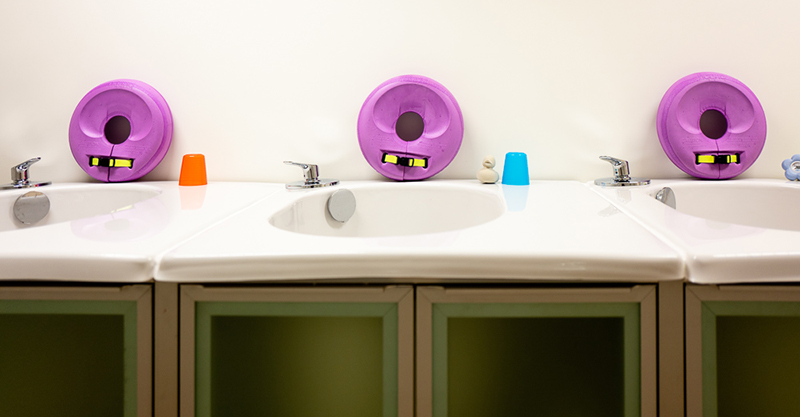
What’s a “baby day spa” and why visit one?
After my baby’s four month sleep regression hit, I heard the words “baby” and “day spa” uttered together by a couple of the mums in my group, who said it had helped their bubs sleep – I raced home and booked my son’s first appointment.
Melbourne’s very first “baby day spa” offers postnatal water flotation sessions and neonatal massage for babies up to 12 months of age.
“We offer hydrotherapy and infant massage for babies from two days old until six months,” explains Breanne Marquis, owner and principal therapist at Baby Spa Melbourne. “But if they have attended from a young age, they are able to stay until eight months of age.”
What are the potential health benefits?
“Hydrotherapy offers many benefits: Bone and muscle development as well as cognitive support,” says Marquis.
“Being partially submerged in water gives babies the opportunity to move more freely than out of the water – where they’d generally be stuck on their back, or tummy.”
“Moving against water also provides greater resistance than moving through the air. Hydrotherapy has been used by Physiotherapists to treat adult patients for many years, and offers similar benefits for newborns.”
Great, but many parents will want to know: will the Baby Spa help my baby sleep better? (Please say yes!)
“Sleep is one of the main benefits of hydrotherapy. We think 10 minutes in the water burns as much energy as an hour out of the water, so they do get very tired.”
“The state of relaxation their bodies enter into seems to reset them for a better sleeping pattern. Most babies sleep between two to five hours after a session.”
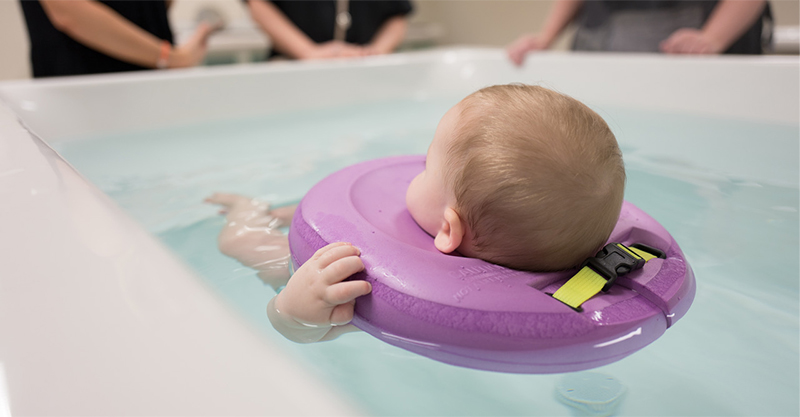
So, how did it go?
Breanne prepares my son for his session, making sure he’s calm and happy – it’s recommended bubs have a good feed and a sleep beforehand – and lowers him into the spa.
He’s a little uncertain at first, but soon seems to be enjoying this new experience, giving us lots of smiles and kicking his legs – although he’s reluctant to let go of the floatation device, known as a Bubby. After about 15 minutes of hydrotherapy, we move onto the baby massage, which little man also seems to enjoy.
I had been tracking my son’s sleep religiously with an app well before the session, and that night, he did have a long stretch: About nine hours.
While one session was perhaps not enough to draw any definitive conclusions, among my mothers group, Baby Spa seems to help some sleep well, so if you’re spending your days bleary-eyed after a night of multiple wakings, it’s definitely worth a try!
 Need some more baby sleep advice? Our Parent School sleep experts can help. Click to find out more or book a one-on-one session.
Need some more baby sleep advice? Our Parent School sleep experts can help. Click to find out more or book a one-on-one session.
